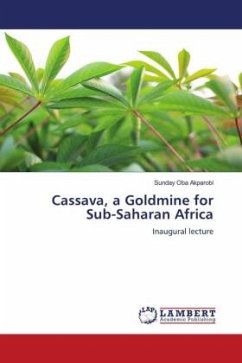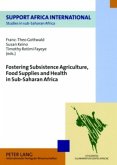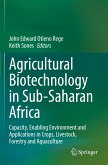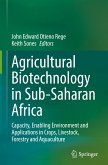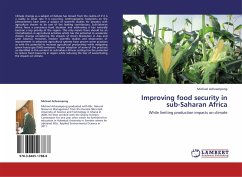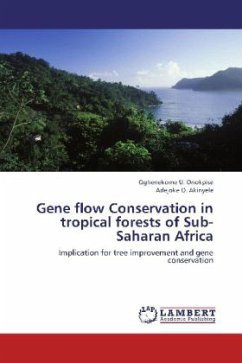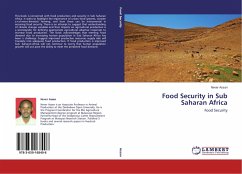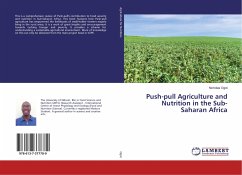The subject of this lecture "CASSAVA, A GOLDMINE FOR SUB-SAHARAN AFRICA" is going to be pursued from the angle of my discipline, specialization and what l think an ideal society should be to achieve development. I am an agronomist with specialization in breeding / environmental physiology. Thus, this lecture will be discussed on the premise of environmental scientist or a breeder who is seeking solution to a problem or environmental issue in a particular region i.e. Sub-Saharan Africa. The Genotype by Environment has a major role to play in order to determine the adaptation of crops in Sub Saharan Africa. The genotypic makeup of cassava plants and the environment that it can be grown is crucial to this lecture. The Sub Saharan Africa is an area that is known with bad headlines in the western NEWS. However, it is area that God blessed with GOLDMINES which are in the forms of human, land, extractive, plant, crop, animal, fish and conducive environment etc that we must DISCOVER to enrich our people. It is the duty of the SCIENTIST from this region to discover some of the goldmines which Almighty GOD has freely given to them so that the region can be developed.

